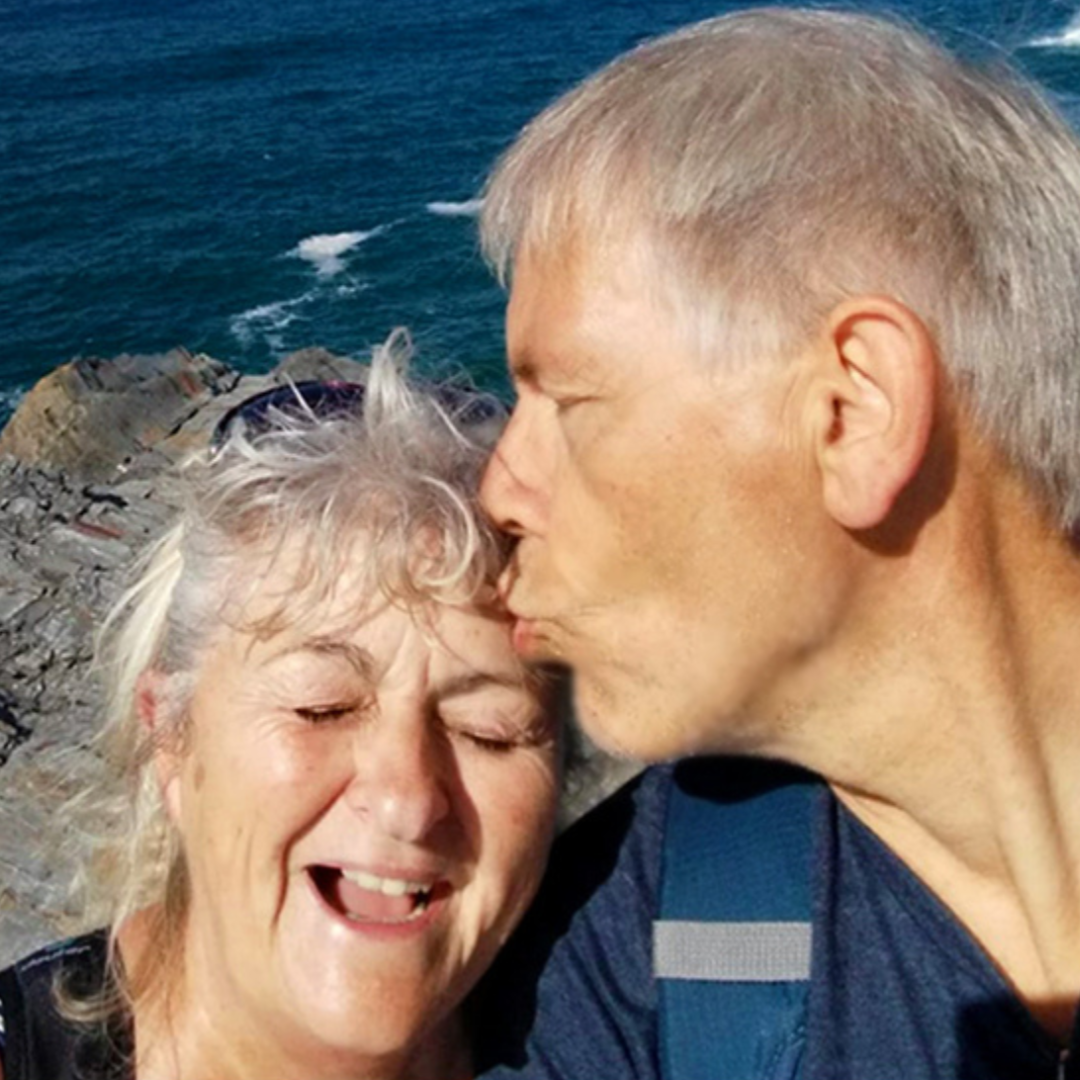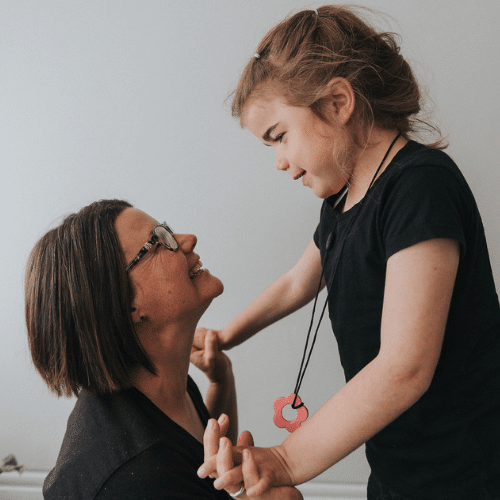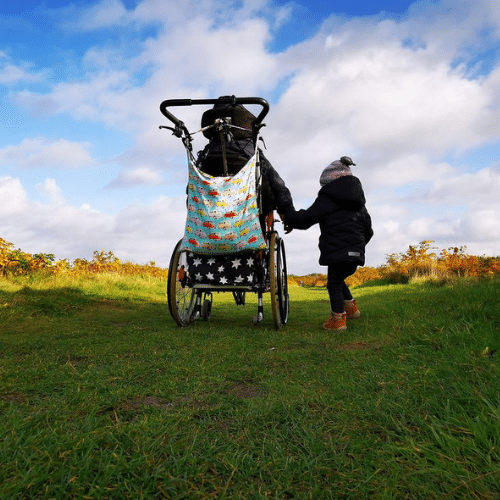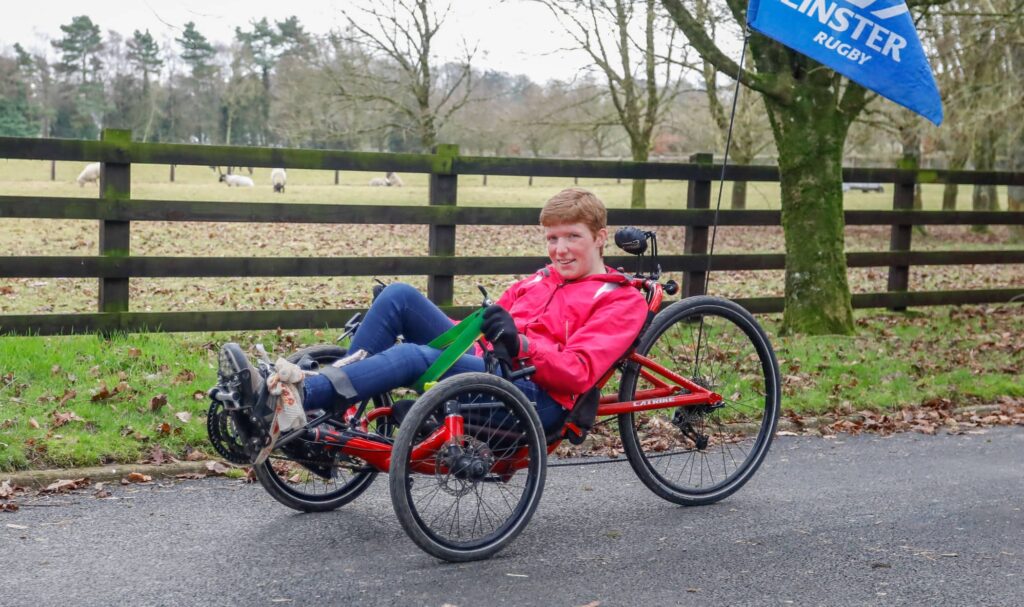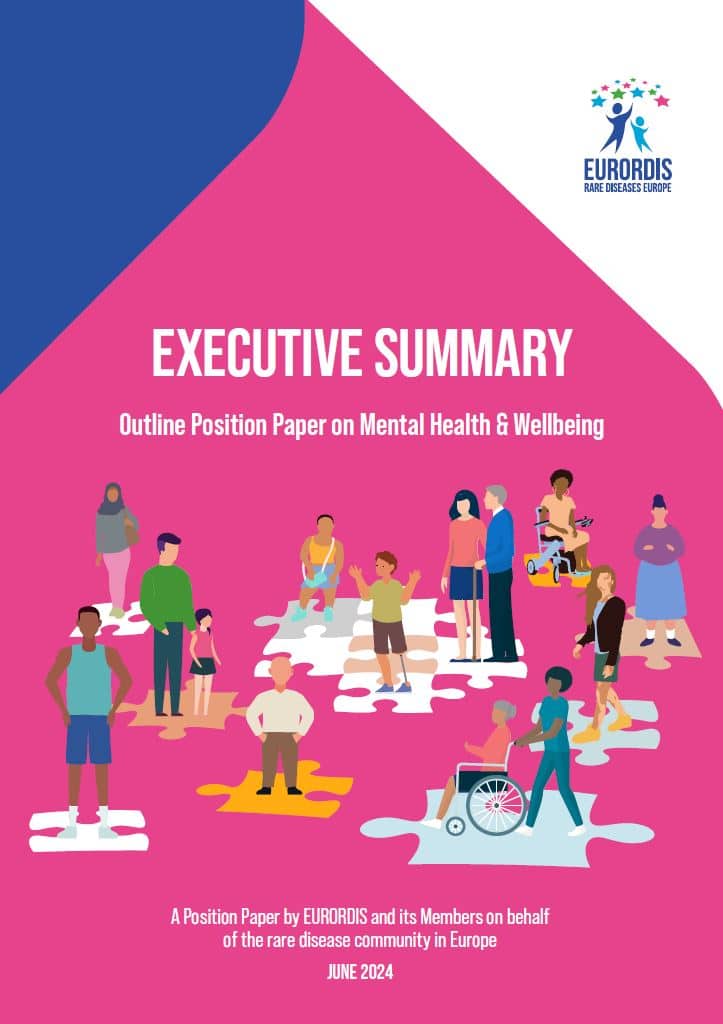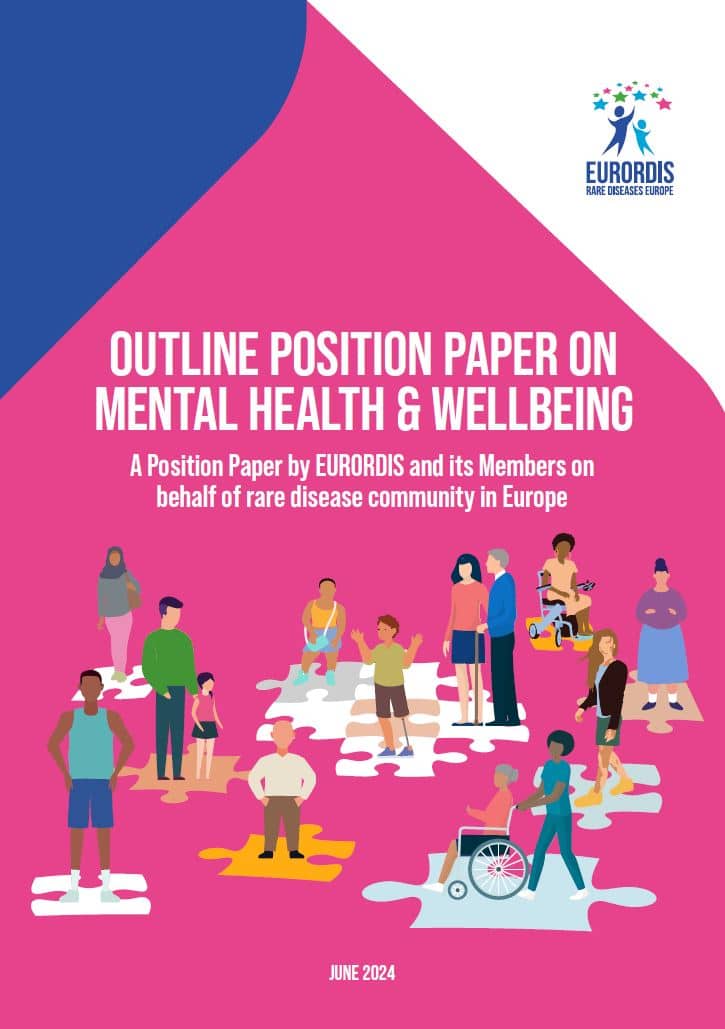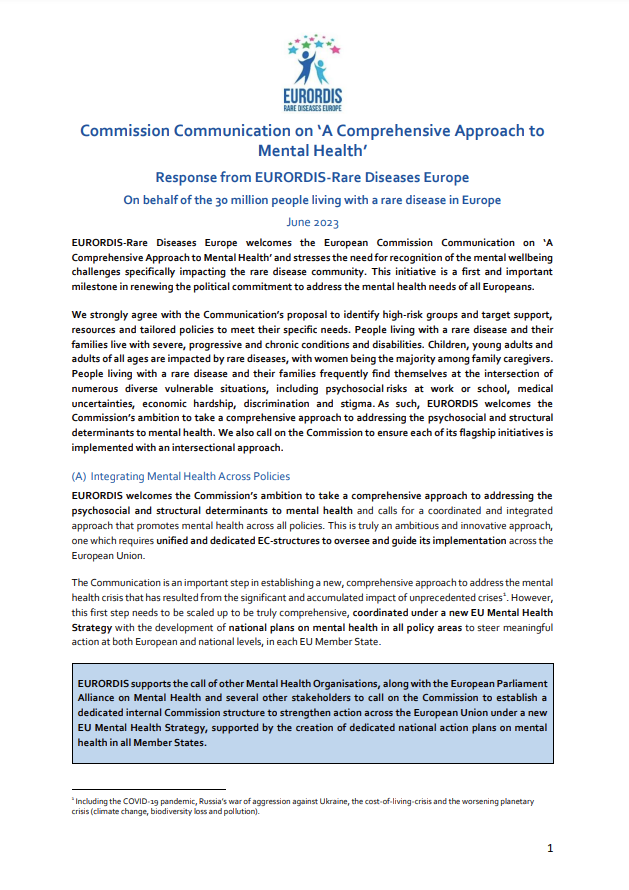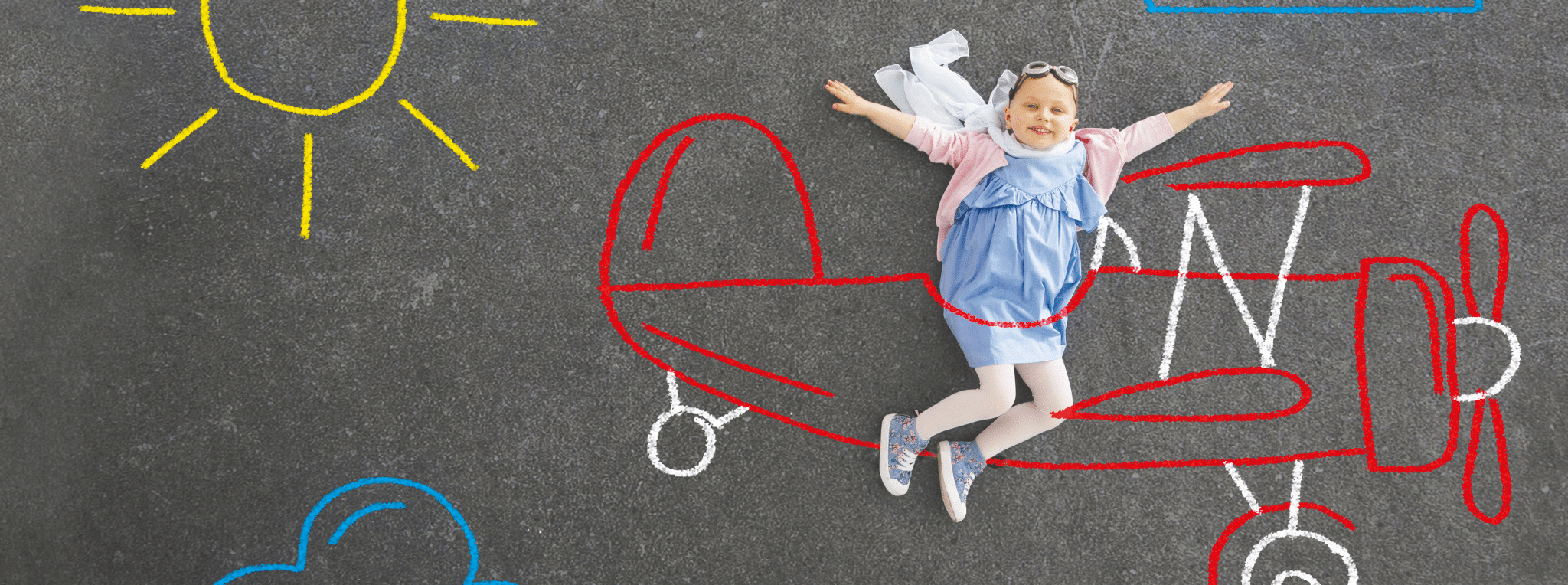
There is no health without mental health.
The relationship between physical and mental health is well established. Increased severity and complexity of a physical health condition, in turn increases the risk to mental health and well-being result in higher rates of depression, anxiety and also where poor mental health can impact on physical health, the capacity to selfcare, resilience. (King’s Fund, Royal College of Psychiatrists & Centre for Mental Health, Mental Health Foundation).
Mental health is a basic human right.
The World Health Organization’s definition of mental health, seeing it as something that is strongly linked to opportunities, and participation in the community:
Putting a face to rare conditions

Living with the Invisible: My Journey with Osteogenesis Imperfecta and Chronic Pain

Living with Multiple Ultra-Rare Diseases: A Journey of Resilience and Discovery
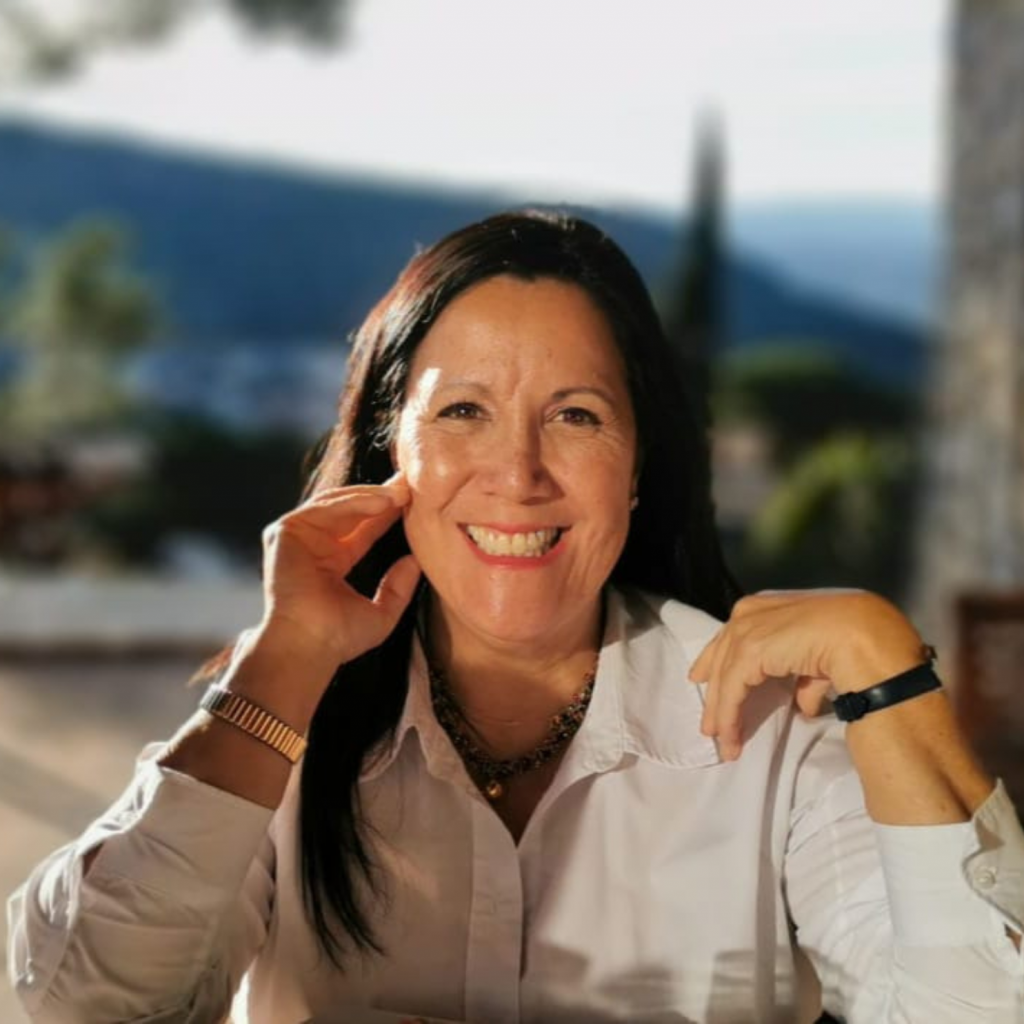
A Mother’s Fight for Awareness: Susana Carvajal’s Story of Familial Hypomagnesaemia
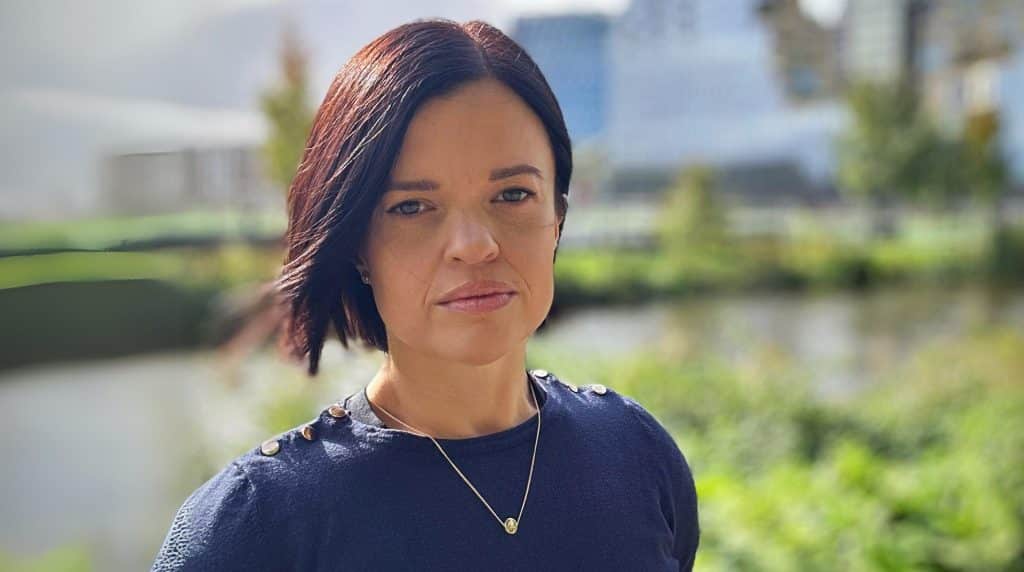
Embracing differences: Sophie Turner’s journey with dwarfism, advocacy, and self-identity
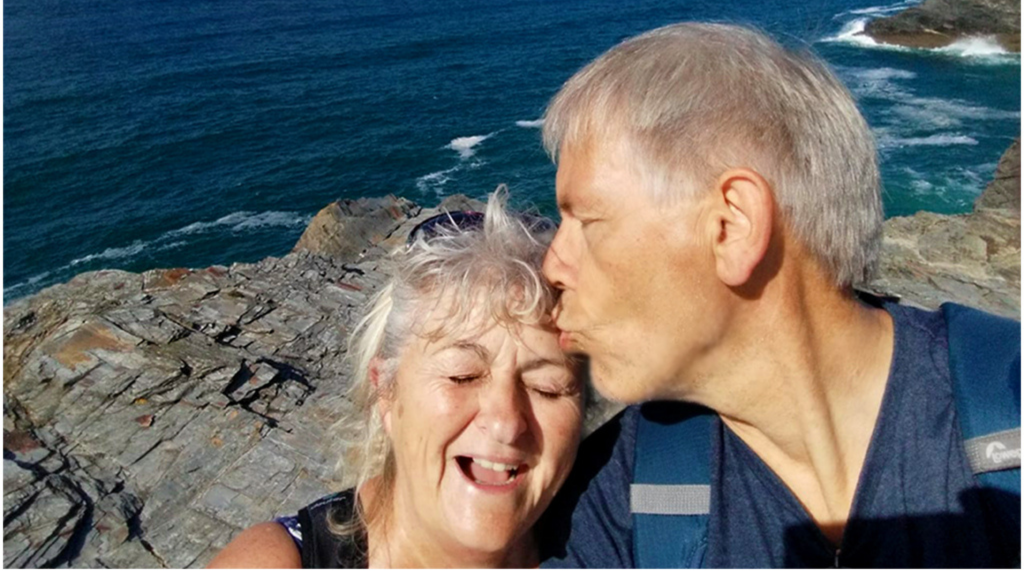
Overcoming Stigma: Kate Tyler on life with congenital anomalies and finding self-acceptance
Understanding Mental Health & Wellbeing
• What is mental health?
“A state of mental well-being that enables people to cope with the stresses of life, realize their abilities, learn well, (making healthy choice) and work well, and contribute to their community. It is an integral component of health and well-being that underpins our individual and collective abilities to make decisions, build relationships and shape the world we live in. And it is crucial to personal, community and socio-economic development.”
• Is mental health a basic human right?
Everyone, whoever and wherever they are, has a deserving and inherent right to the highest attainable standard of mental health, including: the right to available, accessible, acceptable and good quality care; and the right to liberty, independence and inclusion in the community.
Having a mental health condition should never be a reason to deprive a person of their human rights or to exclude them from decisions about their own health.
Learn more: Mental health: Promoting and protecting human rights.
• How do physical and mental health affect each other?
The connection between physical and mental health is complex, with each influencing the other. Mental struggles can manifest physically, just as poor physical health can impact mental well-being. Factors affecting mental health are divided into risk factors, like poor health and social isolation, which weaken mental resilience, and protective factors, such as physical activity and supportive environments, which strengthen it.
What are the psychological challenges faced by individuals with rare diseases?
People living with a rare and undiagnosed condition have increased vulnerability and risk factors resulting in them experiencing an accumulative impact on their mental wellbeing, specifically at an individual level.

At an Individual Level
Mental health is a common comorbidity in many rare diseases. The uncertainty surrounding these conditions increases vulnerability to anxiety, depression, and stress, leading to a cumulative negative impact on well-being throughout the patient’s journey and across all stages of life.

At an Interpersonal Level
Rare diseases strain relationships with family, siblings, friends, and healthcare providers. Individuals may struggle with social interactions and community participation, resulting in feelings of isolation. The unique experiences within the rare disease community can further complicate connections with those outside their situation.

Societal Level
People with rare diseases face social inequalities and discrimination, which are major risk factors for poor mental wellbeing. Negative societal attitudes and policies can exacerbate their challenges, while limited access to healthcare, education, and employment opportunities further hinder their mental health and quality of life.
Rare diseases are medically heterogeneous, however they produce common stressors for patients and their families linked to their rarity, which can have an increased psychological impact on the whole family.
• Common stressors faced by people living with rare diseases
The common stressors that are related to living with a rare condition include long diagnostic journeys, limited access and availability of treatment options, uncoordinated care pathways, living with disabilities, limited work opportunities, being obliged to reduce/stop education/work for long periods of time, and social stigma. Most rare conditions appear in childhood, and the mental wellbeing is impact on affected children, as well as their siblings and parents, can be severe.
85% of people living with a rare disease declare that the rare disease impacts upon several aspects of their physical and mental health and of their everyday life and are three times more unhappy and depressed than the general population.
Rare Barometer Survey 2017
The mental health and wellbeing of people living with a rare disease remains hidden and neglected due to stigma and discrimination and is frequently overshadowed by the other medical complexities associated with rare conditions.
The lack of recognition of the unmet mental health needs of the rare disease community in health, social, educational and employment policy further marginalises and excludes this vulnerable group, due to the lack of policy actions and support available to address their needs.
The rare disease community has identified as an absolute priority the need to look beyond the physiological symptoms of a rare disease and take concrete action to address the psychological impact associated with these complex conditions
Rare 2023 Foresight Study, 2021
Due to the complex intersectoral unmet needs of rare diseases, people living with a rare disease are disproportionately affected by the accumulated risk factors experienced by being situated in multiple intersectional vulnerable situations: many rare diseases affect all ages from child, young people and throughout adulthood, with women being the majority of family carers; many live with a disability and are socially excluded. Intersectional needs result in increased psychosocial risks in education and at work, being isolated, discrimination and social stigma.
EURORDIS New Mental Health & Wellbeing Partnership Network
A EURORDIS Mental Health & Wellbeing Partnership Network was launched on World Mental Health Day, 10 October 2023.
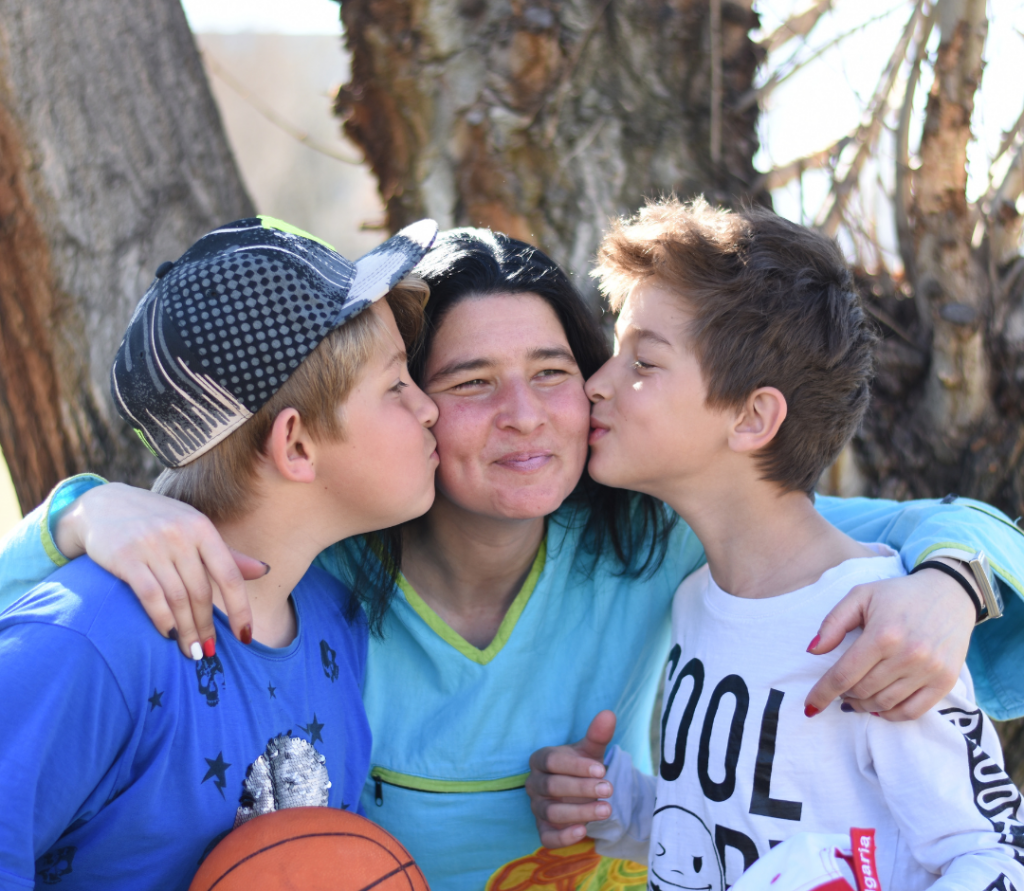
The Partnership Network’s overarching objective is to promote
the development of a mentally healthy community that
reduces the accumulated impact of rare diseases on mental
health and wellbeing among people living with a rare disease
and their families.
The Partnership Network will bring together experts and stakeholders to drive a community action on mental health and wellbeing for people living with a rare disease, their families and caregivers. Specifically, the Partnership Network will unite and empower the rare disease community to come together, learn, take action and tailor recommendations to the specific needs of people living with a rare disease, in all policy areas, to ensure the mental health and wellbeing of the rare disease community is improved. The findings of this network will feed into EURORDIS work across all policy areas.
EURORDIS launched a call for expressions of interest to join the new Partnership Network at a EURORDIS Membership Meeting (EMM 2023) Satellite Workshop – Enhancing the Mental Wellbeing in the Rare Disease Community held on 25.05.2023.
Applications for the new Partnership Network are still open!
EURORDIS is looking for dedicated volunteers to be active in the Partnership Network. If the rare disease you represent has an impact on your mental health and wellbeing, or the ones you represent, we would like to hear from you and ensure that your expertise and insights are included to shape the work of the Partnership Network.

Don’t miss this opportunity if you are passionate about making a difference, ready to contribute your knowledge and experience to ensure that together we:
- Increase awareness of the impact of rare diseases on mental health and wellbeing on people living with a rare disease and families.
- Build competencies and empowerment of rare disease advocates to engage in actions in all policies that address rare diseases and the mental health needs of the community.
- Identify population needs of the rare disease community related to mental health and wellbeing.
- Identify best practice and evidence-based approaches that can be leveraged to prevent mental health co-morbidities through access to health promotion, prevention interventions.
Resources Hub
Webinars and conferences
• Webinar on ‘The impact of rare conditions on self-identity’
• Mental health open webinar: How to deliver a diagnosis
• Open Webinar on the publication of the EURORDIS’ Outlined Position Paper
• ECRD 2024 – Mental Health Session: No health wihtout mental health
They delved into the psychological impacts of rare diseases, stressing the importance of community, belonging, and addressing systemic healthcare issues, with Lucy McKay highlighting that adequate mental healthcare “is a right that must be recognised” by professionals. The contributions noted the critical need for tailored psychosocial support not only for the rare disease patient community as a whole but also for specific rare disease patient populations.
• ECRD 2024 – Peer Support Information Tools
• ECRD 2024 – Psychosocial Holistic Approach
• Webinar: The Impact of Rare Diseases on Mental Wellbeing
• Webinar about Living with Uncertainty & Impact of Trauma
Podcast episodes
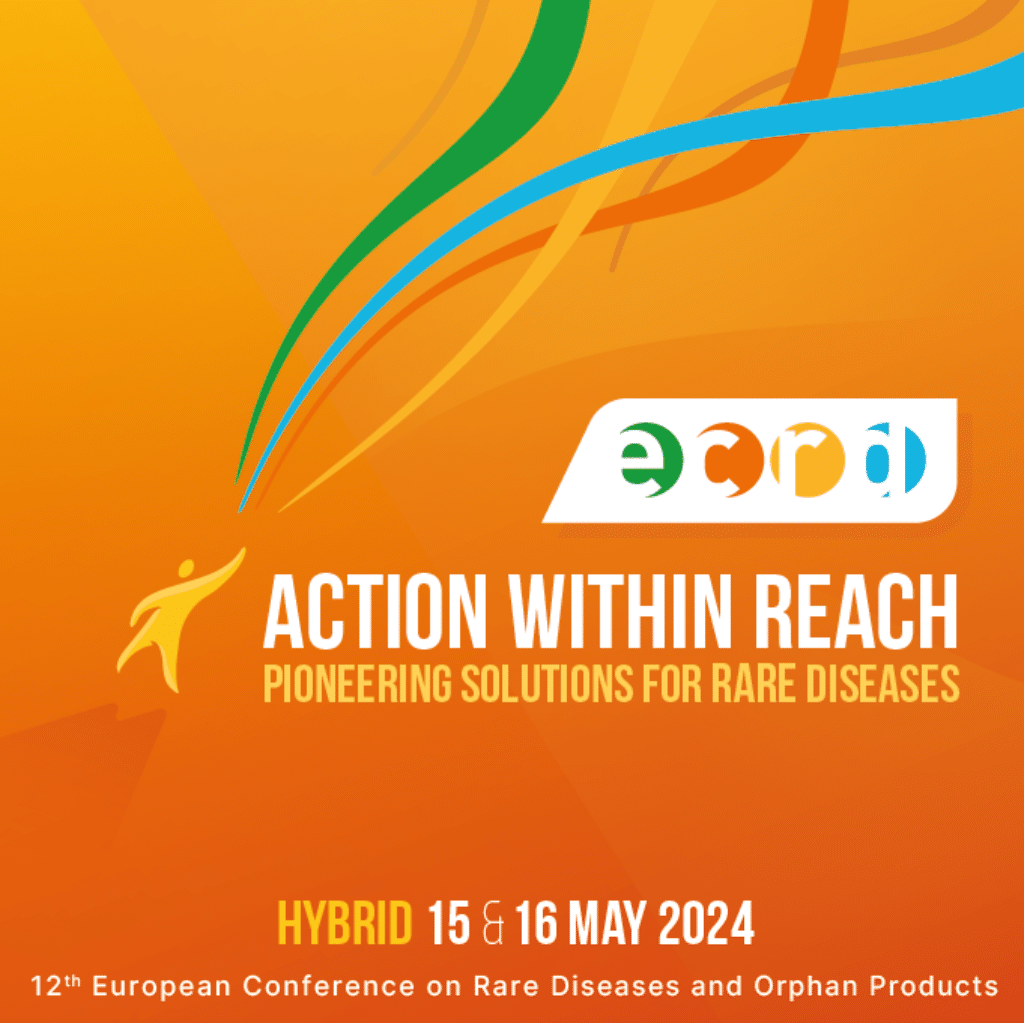
Psychosocial care: Enhancing medical care to be psychologically informed
Lucy McKay, CEO of Medics4RareDiseases, and Kym Winter, CEO of Rareminds UK, discuss the vital link between physical and mental health in rare disease patients. They explore how mental health, as both a primary characteristic and a co-morbidity, impacts not only individuals with rare conditions but also their families and caregivers.
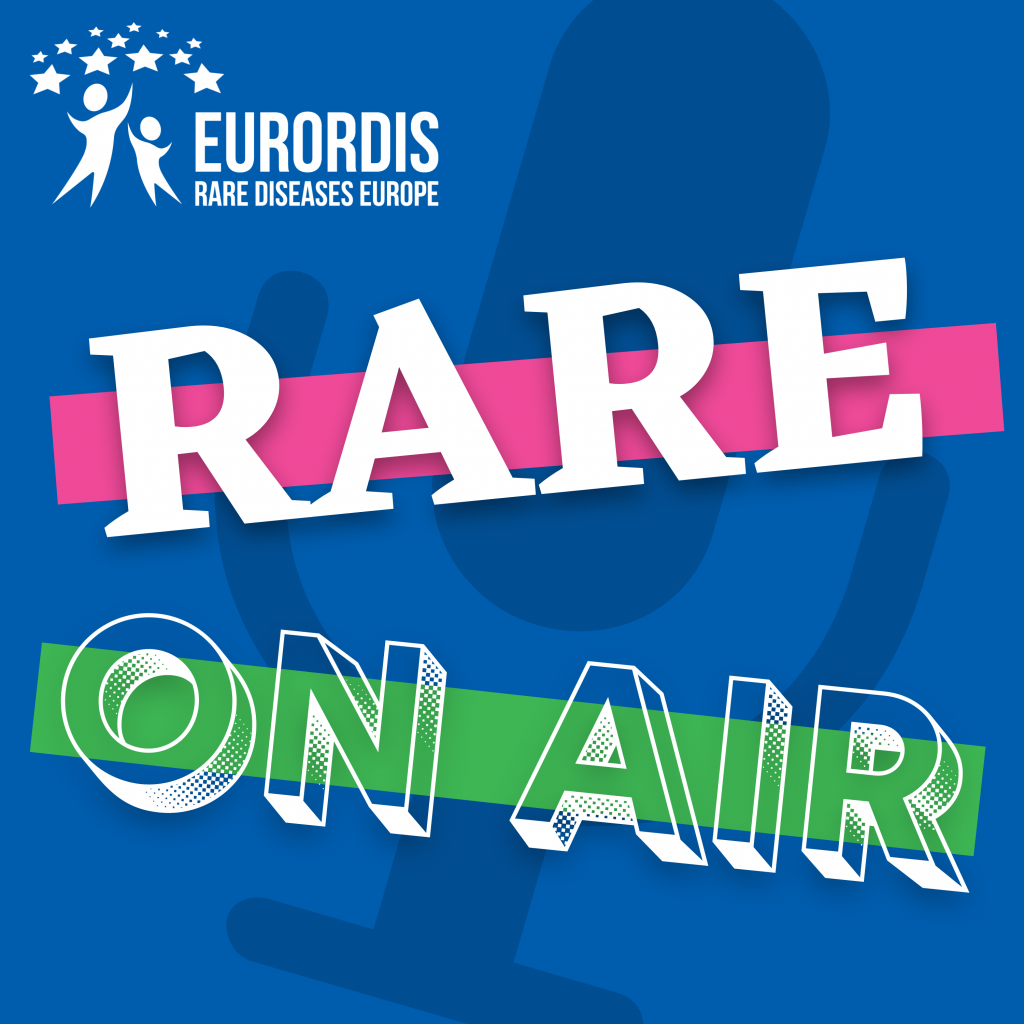
Rare on Air: Mental wellbeing with a rare disease
Rare on Air host Julien Poulain talks to Kym Winter, Founder and Chief Executive Officer of Rare Minds, and Matt Bolz-Johnson, Mental Health Lead and Healthcare Advisor at EURORDIS, to explore the often-overlooked topic of the mental wellbeing challenges commonly presented to those living with a rare disease.

